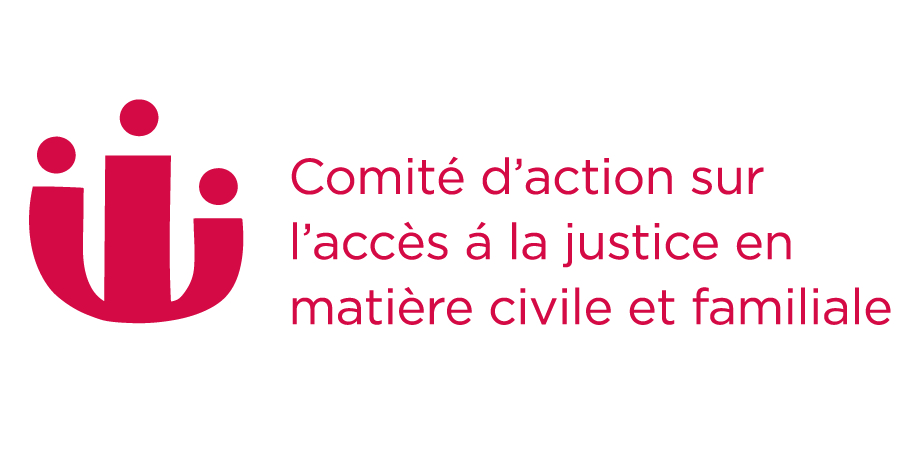Inventory of Reforms
Vancouver Justice Access Centre Self-help and Information Services (previously BC Supreme Court Self-Help Information Centre)
Year:
2010
Description:
Self-help centre for unrepresented litigants offering advice, information, and education about procedures in the Supreme Court of British Columbia.
The Supreme Court Self-Help Information Centre is now part of the Vancouver Justice Access Centre, where self-help and information services are provided. This has led to a wider range of civil law information and self-help topics, as well as references to services that are available through the Vancouver Justice Access Centre.
Status:
Ongoing collaboration
Jurisdiction:
British Columbia
Court:
BC Supreme Court, Civil and Family divisions
Body Responsible:
Collaboration between government and non-governmental bodies
Timeline:
April 2005: Pilot project commenced
April 2006: Program funded for 2006-2007
June 2010: The Supreme Court Self-help Information Centre is now called Self-help and Information Services and is part of the Vancouver Justice Access Centre.
Publications:
John Malcolmson & Gayla Reid, BC Supreme Court Self-Help Information Centre: Final evaluation report (BC Supreme Court Self-Help Information Centre, 2006). [Final Evaluation]
Vancouver Justice Access Centre (website)
John Malcolmson & Gayla Reid, Summary highlights of the initial evaluation report: BC Supreme Court Self-Help Information Centre (BC Supreme Court Self-Help Information Centre, 2006).
Related Reforms:
Alberta Law Information Centres (LInCs)
BC Justice Access Centre Pilot Project
Development:
Over the past five to ten years, unrepresented litigants have emerged as an identifiable target group for services. In response to the increasing number of unrepresented litigants, justice system partners began the Developing Models for Coordinated Services for Self-Representing Litigants project in the spring of 2004.
Government and non-government agencies collaborated in designing the Centre and determining the services that would help unrepresented litigants…. The pilot project received funding from the Law Foundation of BC, the Vancouver Foundation, and the Ministry of Attorney General. It also received extensive contributions of technical expertise, staff resources, and products from all the participating agencies, both government and non-government (Final Evaluation at 12-13).
Purpose:
The purpose of the pilot project was to design a self-help centre (SHC) for unrepresented litigants that would facilitate access to justice by offering advice, information, and education about procedures in the Supreme Court of British Columbia. SHC services comprise of a range of resources developed by partnering organizations as well as the in-person service delivered by the two staff who work at the physical location. The office is open for walk-in service and there is no financial eligibility test for accessing services and resources. Although the Centre’s purpose is to provide services to unrepresented litigants in its Vancouver location, services are offered to all walk-ins, regardless of where their Supreme Court case originates (Final Evaluation at 6).
Criteria and Methods of Evaluation:
Evaluation objectives flowing from project objectives can be itemized as follows:
- To determine the degree to which the centre assists users to access information, education and referrals services.
- To determine the effectiveness of the centre service delivery model including the collaborative and consultative structure to which government and community partners contribute.
- To identify effective practices and/or any barriers in the implementation of the project that can inform future program implementation.
- To determine the degree to which the Centre, by increasing unrepresented litigant’s access to justice, also facilities efficiencies in the court system.
- Qualitative information was gathered in 116 interviews carried out during the project, including 35 interviews with SHC users (Final Evaluation at 13, 8).
Results:
Interview data shows that the centre was providing a unique set of self-help services and was forming part of a larger context of emerging services for unrepresented litigants.
Users reported the centre as largely effective in satisfying their needs and in helping them prepare for court. In addition, the centre was seen as effective in connecting users to appropriate services through referrals. Through these actions, the centre was also seen to yield efficiencies at the level of court proceedings and the operation of the registry (Final Evaluation at 8).
Revision History:
This summary was last reviewed in Aug 14, 2012



